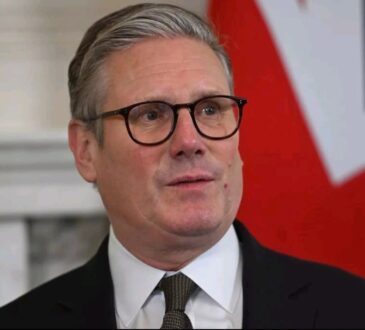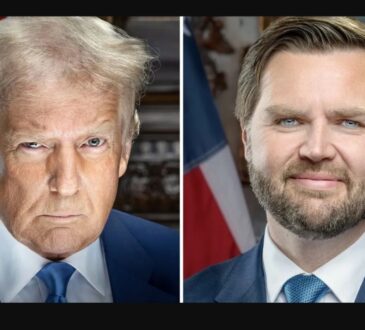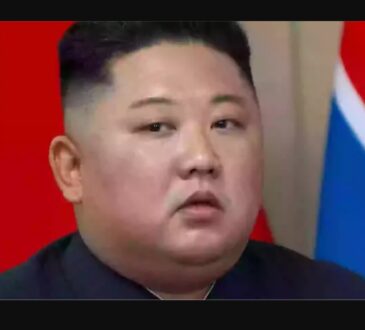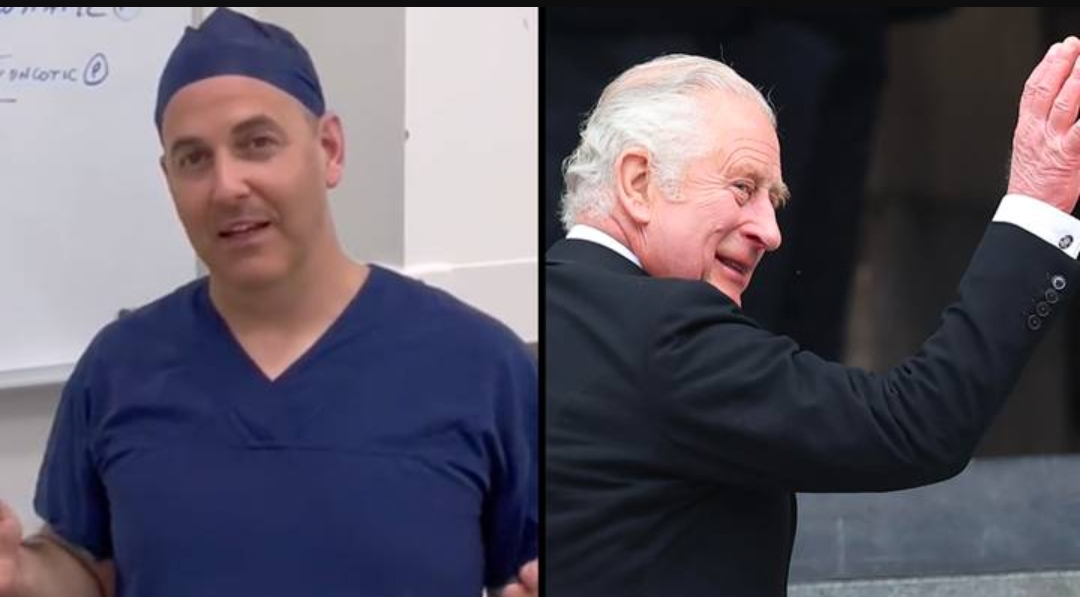
King Charles’s recent appointment of a pro-homeopathy doctor, Dr. Michael Dixon, as head of the royal medical household has sparked controversy and criticism.
Dr. Dixon, who has been in the position for the past year, is known for his advocacy of faith healing and herbalism in his work as a general practitioner.
His duties include overseeing the health of King Charles and the wider Royal Family, and representing them in discussions with the government.
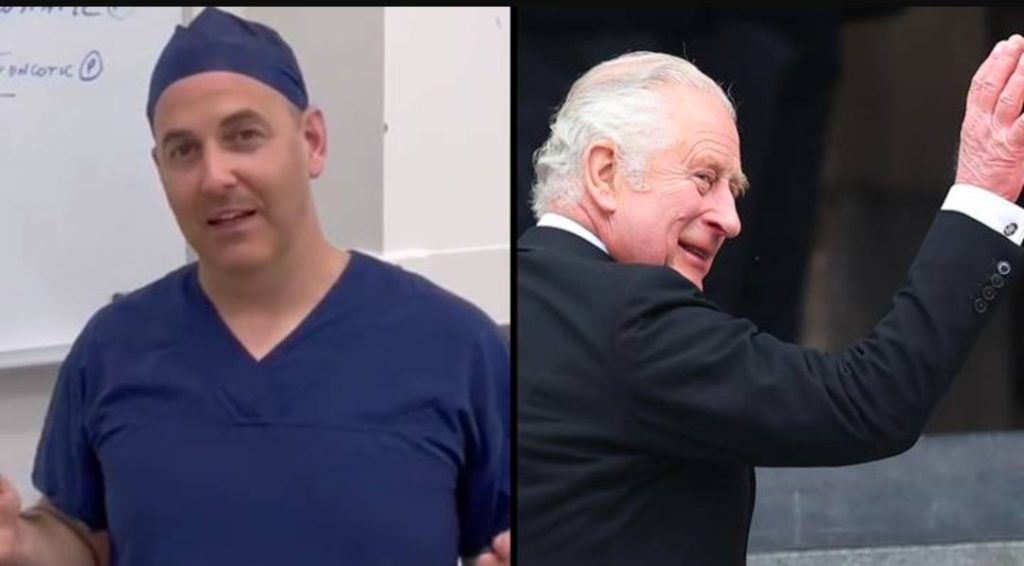
As reported by GB news, Dr. Dixon has a long-standing relationship with King Charles and has worked in the National Health Service (NHS) for nearly half a century.
He is an outspoken advocate of complementary medicine, having invited a Christian healer to his surgery to treat chronically ill patients and experimented with prescribing an African shrub called devil’s claw for shoulder pain.
However, the appointment has been described as worrying and inappropriate by academics and campaigners. Critics argue that homeopathy, a treatment method based on the concept of healing the body of various illnesses and ailments, is not an effective therapy and its only legitimate place is in the history books of medicine.
Homeopathic remedies have not been available through the NHS since 2017, after its then chief executive Lord Stevens described them as “at best a placebo and a misuse of scarce NHS funds”.
Despite the criticism, some defend the use of homeopathy. London Wellness Coach Lauren Johnson Reynolds spoke to GB News to defend homeopathy, and Buckingham Palace issued a statement saying that Dr. Dixon does not believe homeopathy can cure cancer.
His position is that complementary therapies can sit alongside conventional treatments, provided they are safe, appropriate, and evidence-based.
The King’s support for the use of homeopathic medicine alongside other treatments is well known. As Prince of Wales, his position on complementary therapies, integrated health, and patient choice was well documented.
In his own words, ‘Nor is it about rejecting conventional medicines in favour of other treatments: the term ‘complementary’ medicine means precisely what it says’.
The appointment of Dr. Dixon, who has worked for the NHS for almost 50 years and practices as a part-time GP in Devon, has been an outspoken advocate for the complementary use of homeopathy.
He wrote a paper citing data which suggested “the effects of homeopathy may be real” and was appointed patron of the Faculty of Homeopathy in 2017.
The controversy surrounding King Charles’s appointment of a pro-homeopathy doctor into the royal household could result in public criticism of the NHS and the lack of homeopathic care offered by the service.
However, it is important to note that Dixon, the head of the royal medical household, has worked in the NHS for decades and therefore has an understanding and respect for conventional, proven methods, therefore reducing the risks of any complications between techniques

